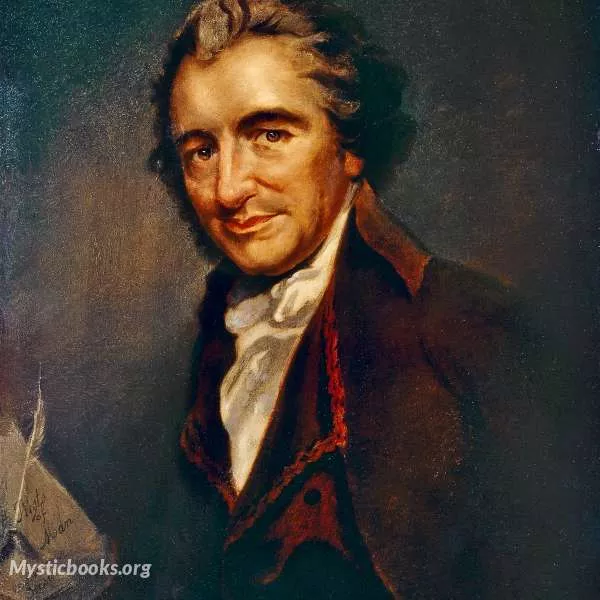
Timeline
Title
Country/Nationality
Thomas Paine
Thomas Paine (born Thomas Pain; February 9, 1737– June 8, 1809) was an English-born American political activist, philosopher, political theorist, and revolutionary. He authored Common Sense (1776) and The American Crisis (1776–1783), the two most influential pamphlets at the start of the American Revolution, and helped inspire the patriots in 1776 to declare independence from Great Britain. His ideas reflected Enlightenment-era ideals of transnational human rights. Historian Saul K. Padover described him as "a corsetmaker by trade, a journalist by profession, and a propagandist by inclination".
His writings in the long term inspired philosophic and working-class radicals in Britain and United States. Liberals, libertarians, left-libertarians, feminists, democratic socialists, social democrats, anarchists, free thinkers and progressives often claim him as an intellectual ancestor.
In December 1793, he was arrested and was taken to Luxembourg Prison in Paris. While in prison, he continued to work on The Age of Reason (1793–1794). James Monroe, a future President of the United States, used his diplomatic connections to get Paine released in November 1794. Paine became notorious because of his pamphlets. In The Age of Reason he advocated deism, promoted reason and free thought and argued against institutionalized religion in general and Christian doctrine in particular. He published the pamphlet Agrarian Justice (1797), discussing the origins of property and introduced the concept of a guaranteed minimum income through a one-time inheritance tax on landowners. In 1802, he returned to the U.S. When he died on June 8, 1809, only six people attended his funeral as he had been ostracized for his ridicule of Christianity.
On the morning of June 8, 1809, Paine died, aged 72, at 59 Grove Street in Greenwich Village, New York City. Although the original building is no longer there, the present building has a plaque noting that Paine died at this location.
Books by Thomas Paine
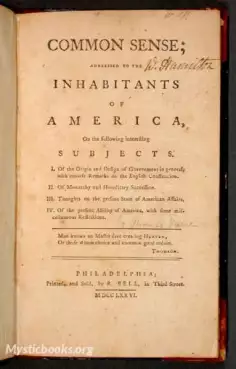
Common Sense
Common Sense is a 47-page pamphlet written by Thomas Paine in 1775–1776 advocating independence from Great Britain to people in the Thirteen Colonies. Writing in clear and persuasive prose, Paine marshaled moral and political arguments to encourage c...
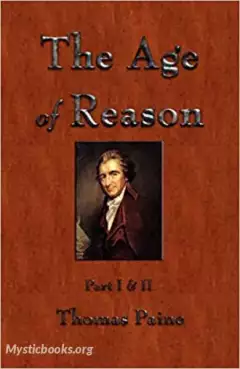
The Age of Reason
The Age of Reason; Being an Investigation of True and Fabulous Theology is a work by English and American political activist Thomas Paine, arguing for the philosophical position of deism. It follows in the tradition of 18th-century British deism, and...
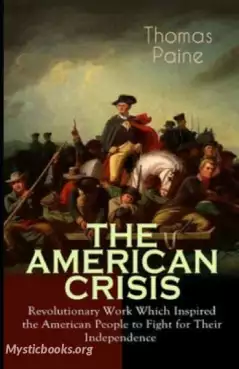
The American Crisis
A 13 pamphlet series by 18th century Enlightenment philosopher/author Thomas Paine, published between 1776 to 1783 during and immediately following the American Revolution, gathered into one volume in 1882 by Moncure D. Conway. Each essay, plus 2 ins...
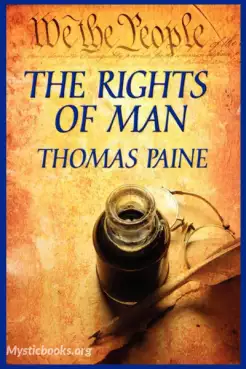
Rights of Man
Rights of Man (1791), a book by Thomas Paine, including 31 articles, posits that popular political revolution is permissible when a government does not safeguard the natural rights of its people. Using these points as a base it defends the French Rev...
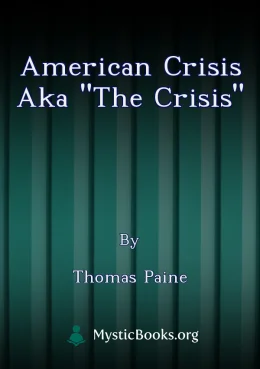
American Crisis aka "The Crisis"
A collection of pamphlets written by Thomas Paine during the American Revolution, providing a compelling argument for independence and urging the colonists to fight for their freedom.